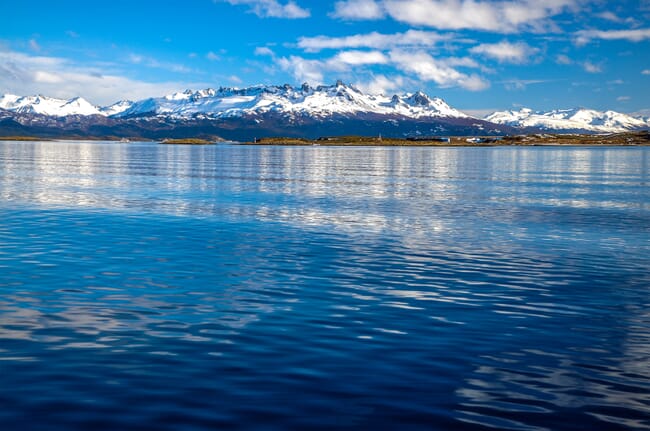According to Noticias Financieras, the legislature of Tierra del Fuego unanimously approved a bill banning salmon farming on Wednesday. Those backing the bill claimed that the new law is historic because "it is the first country in the world to legislate against this activity that is harmful to the environment", the paper reports.
Moves to outlaw salmon farming were inspired by an announcement in March 2018 by the Argentine government that it was establishing a partnership with Norway to study the feasibility of developing a domestic salmon industry in the Beagle Channel.

In May 2019, legislators Mónica Urquiza, who is now deputy governor of Tierra del Fuego, and Pablo Villegas introduced a bill to ban salmon farming in the province. The bill was re-entered into the legislature this year by Villegas.
"Tierra del Fuego will be a pioneer globally in protecting the environment against this process that is harmful to the environment and the natural ecosystem," Villegas told the local press following this week’s decision.
The new law states that "the cultivation and production of salmonids in the jurisdictional waters of the province" will not be allowed. In order to "ensure the protection, preservation and protection of the natural resources, genetic resources and lake and marine ecosystems" of Tierra del Fuego.
However, the ban will not be absolute, as restocking projects and "existing aquaculture projects" will be allowed to continue.
"Salmon farming would have represented a threat to the economy of the province since in Ushuaia, half of the families depend on tourism an activity that could not coexist with the environmental impact of the industry. In short, this law is an example of the care of a sustainable economic and productive model, which respects cultural traditions and artisanal practices that generate genuine jobs,” David López Katz, a member of the Rewilding Argentina Foundation, is reported as saying in Noticias Financieras.


